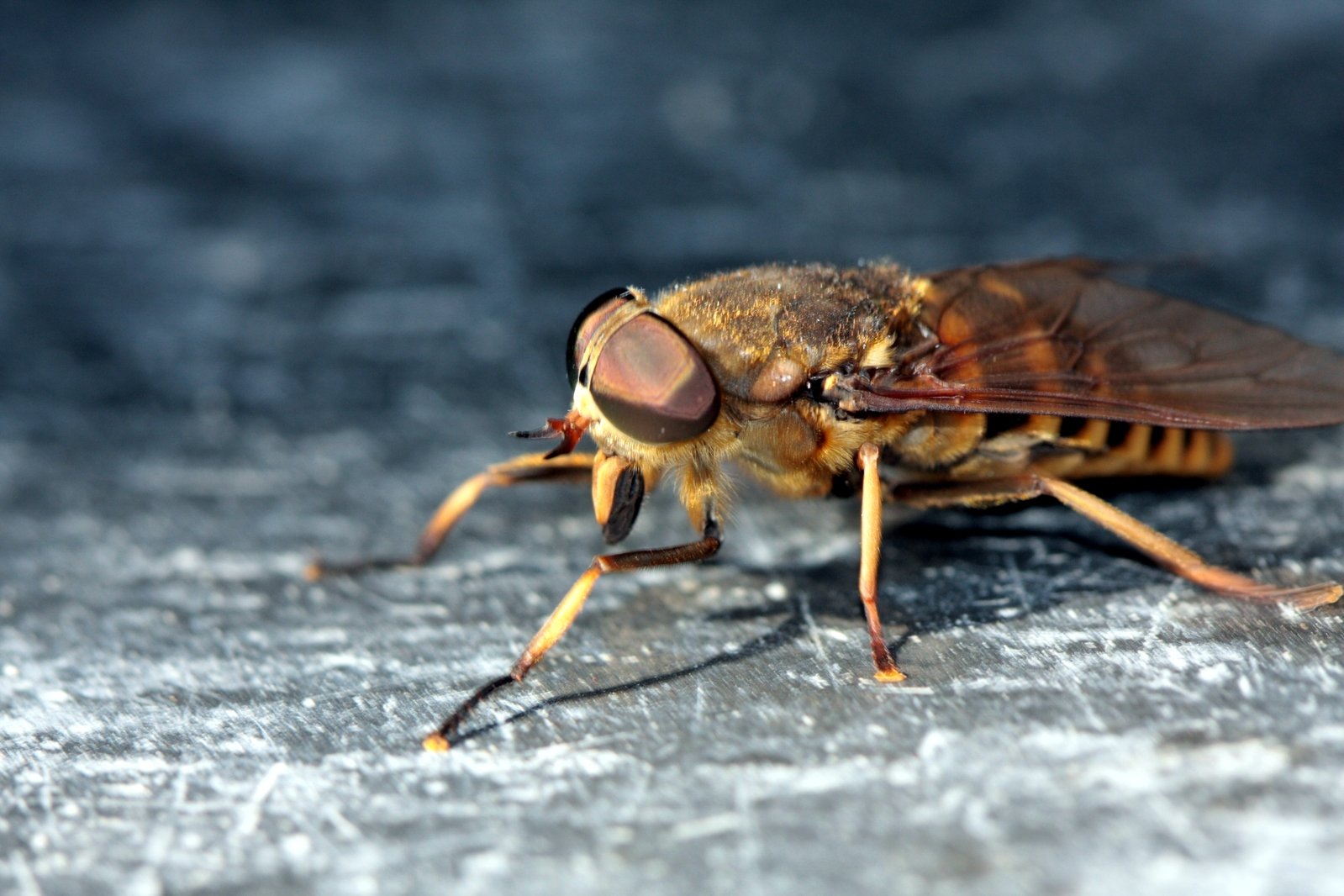This research paper from H, Riesch of Brunel University provokes those interested in the use of online spaces for large-scale engagement to think beyond the idealised notion and expectation of orderly deliberative spaces for ‘rational’ debate and mutual exchange. The author suggests that in fact this ideal misses both the reality and the potential of online interactions within these spaces to challenge the status quo and disrupt conversations. This is compounded by the fact that they are often based on a sterile notion of the online public or civil society with prefigured and overly prescriptive ideas of what constitutes permissible discourse. The author presents examples where playful disruption of such online interactions may be perceived as fruitful rather than destructive, such as the emergence of the #distractlinglysexy Twitter hash tag in response to British senior scientist Tim Hunt’s comments about gender in the lab. This commentary also draws on the Science: So What? So Everything engagement campaign (the UK government’s then Department of Innovation, Universities and Skills project intended to stir public enthusiasm for STEM subjects, particularly young people who might choose careers in a scientific field. The campaign met with little online traffic and much that it did receive tended towards ridiculing overly optimistic and hastily made claims within the campaign such as around the potentials of nano-technology and medicine.
To understand these disruptions the author turns to the concepts of ‘the carnivalesque’ and ‘the trickster’ and the potential of play to disrupt ‘already broken spaces’ such as through trolling. Riesch suggests that instead of recognising the jibes of bloggers as negative irritants that perhaps such disruptors are exactly what ‘some ‘mainstream’ science communication projects need – to be beset by biting, irritating swarms of gadflies, in order to challenge projects that can be overcentralised, unwieldy, dull and expensive.’

Caption: Gadfly
Yet, we are cautioned, not to uncritically champion these notions but treat them with ambivalence in the recognition that the trickster can be negatively disruptive in regressive ways such as in instances of sexist online trolling. We are also cautioned against assuming that such instances of disruption will necessarily trigger change in the status quo of science communication and that there is a the danger that mainstreamed ‘Carnival’ might fall into the trap of reinforcing rather than challenging, ‘just making the injustices of the status quo more tolerable – allowing some new types of enjoyment to be had while remaining within the constraints of the current system’.
Still, the paper concludes that more carnivalesque approaches might offer more enjoyable and fruitful spaces in which to participate; and that we might also move beyond such approaches in order to build stable ethical and political positions from which to further disrupt online science engagement in the future:
‘By drawing on and moving beyond the trickster archetype there might be a lot of fun to be had in building carnivalesque spaces for public engagement; moving beyond this might open up opportunities for shattering the status quo and (re)building a radical science communication that includes the whimsical and carnivalesque alongside earnest political contributions.’
Access Research Paper here
This work, unless stated otherwise, is licensed under a Creative Commons Attribution 4.0 International License


Please Sign in (or Register) to view further.